Top 7 Canada Culture, Customs and Etiquette
In general, Canadians are amiable, unassuming individuals who respect others' privacy and individuality as well as valuing honesty, sensitivity, empathy, and ... read more...humility in their interactions with friends and complete strangers. Even while it is clear that many Canadians fall short of upholding these noble ideals, such norms nonetheless represent the cornerstone of "good manners" in contemporary Canadian culture. Here are a few suggestions to assist readers learn more about Canada Culture, Customs, and Etiquette.
-
When meeting someone for the first time in Canada, Canadians typically shake hands to introduce themselves. They may also shake hands before leaving. For women, in particular, brief hugs between close friends are becoming more popular. Although some French-Canadians might follow the European custom of delivering gentle cheek kisses as part of a friendly greeting, kissing is still primarily reserved for family or romantic partners. That is one of the the lists of Canada culture, customs, and etiquette.
When someone extends their hand to shake yours, it is regarded as exceedingly impolite and insulting to ignore them. It is typically only done when the other person has done something dreadful or is so well-known for being such a nasty person that it would be scandalous to greet them in a nice fashion. Refusing to shake is generally perceived as an overt sign of hate. However, the reverse is also true: shaking hands with a contentious person can be a sign of making peace or expressing acceptance.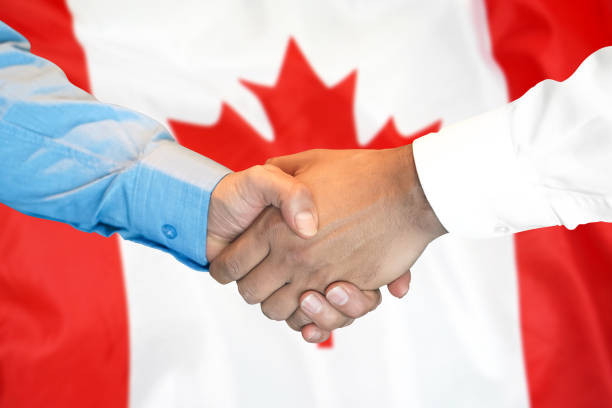
businessetiquettearticles.com 
businessetiquettearticles.com -
In Canada, giving presents to strangers is typically uncommon unless the recipient has done a favor or is otherwise thought to be "owed" one as a token of appreciation, which is one of the the lists of Canada culture, customs, and etiquette.
Even on holidays when gift-giving is officially encouraged, the decision to actually exchange gifts with friends (or even certain family members) is heavily influenced by the level of intimacy one feels toward them as well as by cherished customs among particular friends or within a family. Giving "no occasion" presents can be thoughtful, but they also run the risk of leaving the recipient with lingering uneasiness, especially if they are pricey. Giving cash as a present is typically only done within families, and giving money to someone who hasn't asked for it is typically seen as presumptuous; in many circumstances, it is seen as a hint that the giver believes the recipient is in need of assistance.
On social outings, it is typical to periodically "treat" a friend by paying for their lunch, beverages, or coffee. Even this, though, is frequently debatable, and many Canadians may object when someone tries to pay their bill on their behalf. It's often regarded as excellent manners to put up some polite, dishonest resistance when someone tries to buy you something ("oh no, that's not required!").
canadianunderwriter.ca 
canadianunderwriter.ca -
Canadians are expected to give their waiter a tip or additional donation at the conclusion of their meal when eating at any "sit-down" type restaurant. It is one of the lists of Canadian culture, customs, and etiquette. 15% of the total bill is the absolute minimum that should be given, although it's also customary to tip more in cases of particularly excellent service. Tipping too little or not at all is regarded as quite impolite and will be immediately recognized.
In Canada, a wide range of different occupations, such as pizza delivery people, cab drivers, bellhops, and hairdressers, among others, also count on gratuities. There are several useful internet guides available to help people who are unsure about who should and shouldn't be tipped, as well as how much. In general, Canadian tipping customs are identical to those in the United States, and Canadians frequently utilize American tipping guides as a guide.
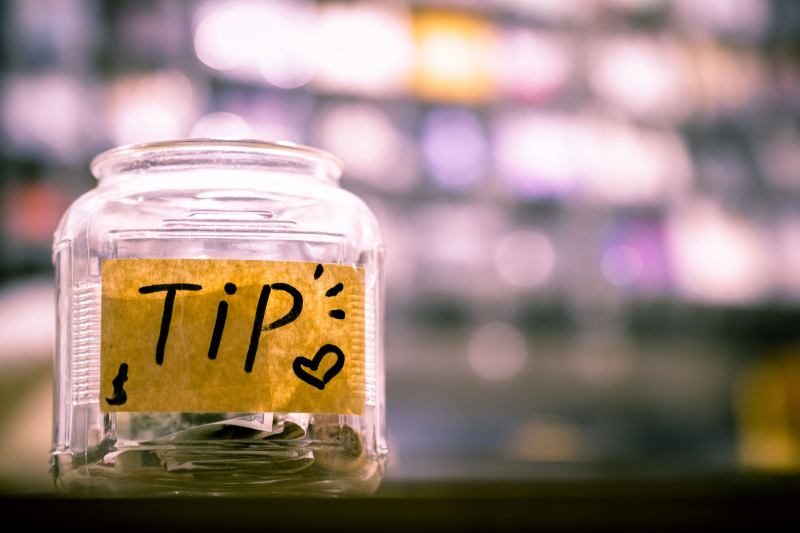
vancouverextendedstay.com 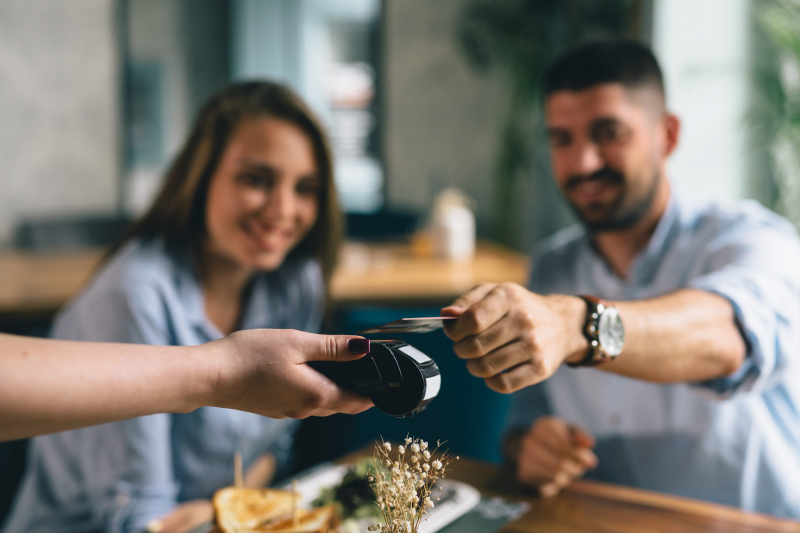
vancouverextendedstay.com -
Canada does not have as many vulgar or disrespectful gestures as several other countries in the world. In general, rude hand or body gestures are used consciously, which makes them simple to avoid. It's strangely ritualized to sneeze. After sneezing, sneezers say "pardon me," and anyone nearby will say "bless you" in an expression of sympathy. It's important to cover your mouth and nose while sneezing, and Canadians always blow their noses into tissues.
Even while customer attitudes may be more understanding during the sweltering summer, the majority of indoor businesses generally adhere to the "no shirt, no shoes, no service" maxim. Public nudity of any kind is prohibited and is only practiced by the most daring and attention-seeking.
Regarding "public displays of love" or "PDAs," such as cuddling or passionately kissing in public settings, there is somewhat of an ongoing discussion in Canadian society. While some may find such demonstrations simple to overlook, others may find them to be highly unpleasant and repulsive. Couples of the same sex may face harsher criticism in this area.

speakerhub.com 
speakerhub.com -
Roman Catholics make up the majority of believers in Christianity, which is the biggest religion in Canada. People who do not identify as religious account for 26.3% of the total population, followed by Christians with 63.2% of the population in 2019.
The religious beliefs of Canadians vary greatly, and like political beliefs, they frequently represent profoundly divergent viewpoints on important issues pertaining to life and society. The fact that many of the most popular Canadian religions were actually created in direct conflict with one another means that they advocate the vast majority of incompatible views of God and salvation and may, in some cases portray non-believers as sinners or heretics in one form or another.
Religious beliefs are rarely stated in public because people don't like to be criticized, although most Canadians are okay with openly identifying as followers of a certain faith. Furthermore, it is nearly usually seen as pompous, annoying, and self-righteous to attempt to explain or promote one's religious beliefs (or, for that matter, atheism) in any type of unwelcome context.

deseret.com 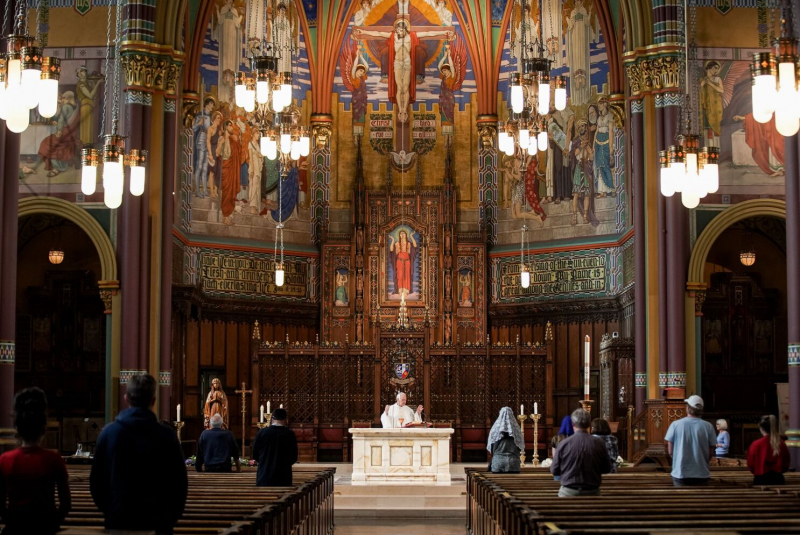
deseret.com -
Many Canadians hold complex opinions about the United States, and bringing up America, Americans, or American-related topics might result in judgmental remarks or awkward arguments. Any issues or hypotheses about innate distinctions between genders or people of other races are nearly universally regarded as forbidden to speak in public, regardless of the political climate. The same is true for the topic of abortion. Even though there is disagreement over what constitutes "racism" or "sexism," attitudes that are viewed as either sexist or racist are typically among the most despised in contemporary Canada.
Particularly if there are French-Canadians present, discussions about French-Canadians and their perception of persecution in Canada or wants to leave the nation have a significant potential to spark divided, uncomfortable debate. The same is true of the situation of Canada's indigenous people, whose persistent social issues are seen as one of the country's greatest embarrassments. However, opinions among Canadians on how to resolve this issue are still sharply divided.
Depending on the individual, Canadians' perceptions of what is "private" can vary greatly. Some Canadians have no shame in discussing topics like their relationship with their parents, failed marriages, professional struggles, wealth, or physical appearance in public. However, some people might be more reserved, timid, or sensitive. Being an effective conversationalist in Canada typically involves being able to gauge a person's level of comfort with various intimate matters and responding appropriately.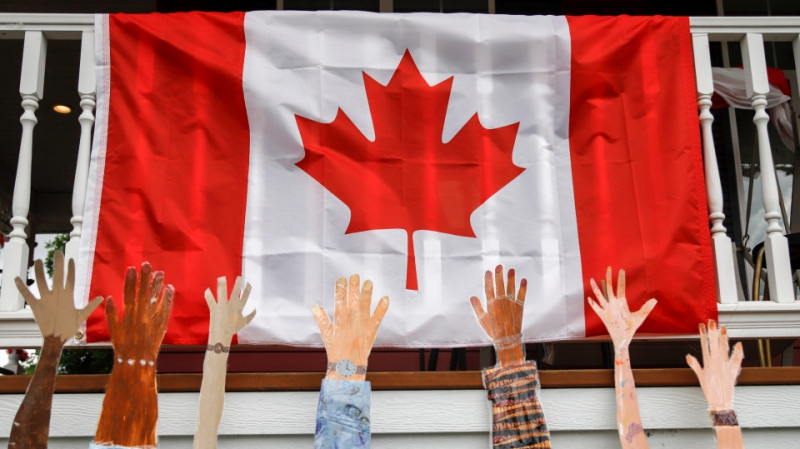
ctvnews.ca 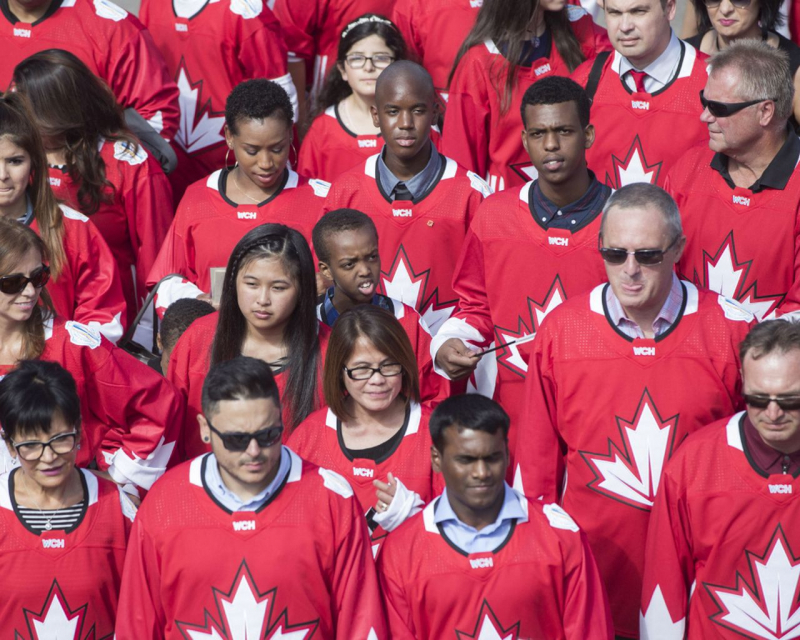
ctvnews.ca -
Even if it is not totally accurate, the widespread international impression that Canadians are overly courteous, if not outrageously so, nevertheless influences how Canadians interact with one another. It might at most function as a positive feedback loop.
In reality, many Canadians, especially those from more affluent families, take extremely seriously the notion that they should apologize frequently or only make very indirect, oblique requests. The idea that a stereotypically "good" Canadian avoids excessive self-promotion and boasting and instead exudes humility and even a little self-deprecation is also pretty widespread. Another common stereotype of Canadians is that they are quick to "defer to authority" or blindly follow orders from superiors. However, in recent years, this stereotype has evolved more into a theory of Canadian politics and history than into a practical, everyday principle of life (as discussed in the section above on roles and formalities).
Ultimately, stereotypes are essentially unfair generalizations, as is obvious. Since each Canadian is ultimately an individual, he or she will probably have his or her own particular viewpoint on what it means to be a nice and civilized person. And regrettably, a sizable portion of Canadians will always be indifferent.
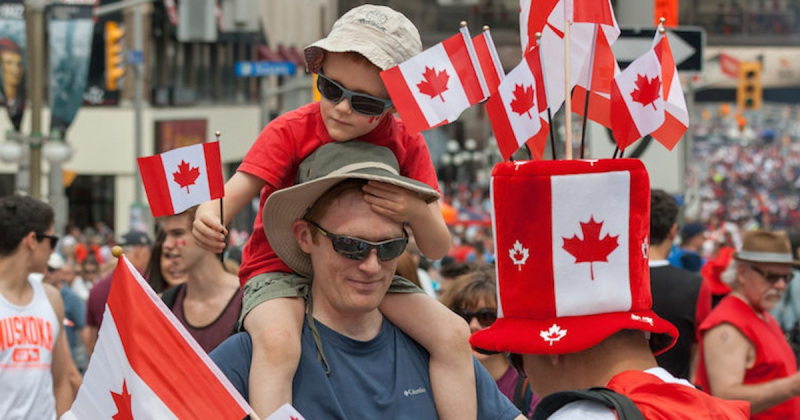
elitedaily.com 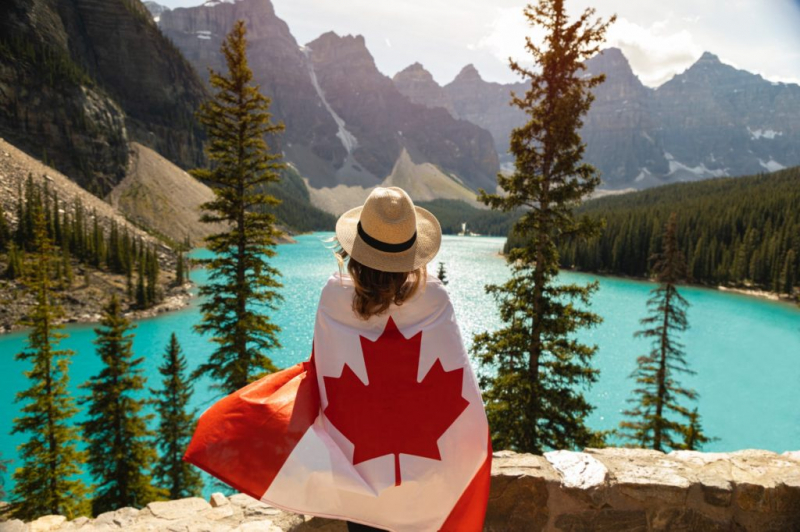
elitedaily.com




























